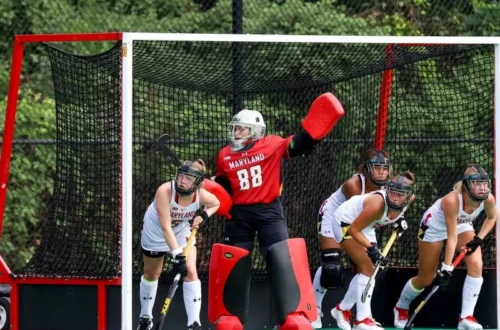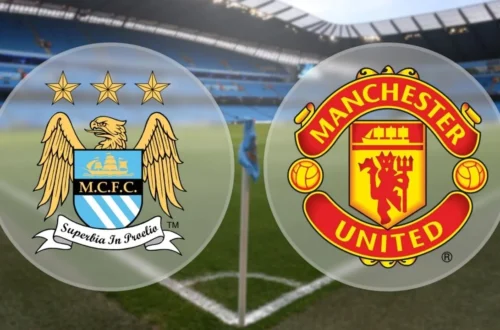There’s something magical about the moment the cue connects with the cue ball—a crisp “click” echoing through the silent room, followed by the satisfying feeling of a perfectly struck shot. For snooker and English pool players, that moment is poetic. However, behind every clean shot lies a key element that most amateurs overlook: balance.
Cue balance is like the soul of the instrument—invisible yet crucial. It’s the balance that determines whether a billiards cue feels like an extension of your arm or one that fights against you with every stroke. Let’s delve into why cue balance is more important than you think, how to find the balance that works best for you, and why understanding this subtle art can change your game forever.
1. What Is Cue Balance?
In simple terms, cue balance refers to the point along the cue where its weight is evenly distributed — often called the balance point. On average, that’s around 16–18 inches from the butt end of the cue.
But here’s the thing: two pool cues might weigh the same, yet feel entirely different depending on where that weight sits. A front-weighted cue feels like it “pulls” towards the pool table, giving you stability in your bridge hand. A back-weighted cue, on the other hand, offers a lighter, more flexible feel that suits players who like more cue ball control or spin.
It’s not about right or wrong—it’s about what feels natural to you.
2. Why Balance Affects Your Game
Think about it—if you’ve ever tried to play a round of golf or swing a tennis racket that doesn’t feel right, you know how distracting it can be. In snooker and English pool, even a few grams of weight in the wrong place can throw off your rhythm.
A well-balanced cue helps you:
- Deliver the pool cue straight and smooth, with less strain on your wrist and shoulder.
- Judge power more accurately, especially on long shots or soft touches.
- Feel more connected to the cue ball, improving consistency across your shots.
There’s a reason pros are so obsessed with balance—balance affects everything from your follow-through to your confidence.
3. How Professionals Choose Their Cue Balance
Watch any top player, and you’ll notice how personalized their snooker cue setup is. Many spend hours fine-tuning the balance until it feels just right. For example:
- Ronnie O’Sullivan favors a perfectly neutral balance, giving him fluid control for both power and precision.
- Mark Selby, known for his composed cueing, prefers a slightly rear-weighted cue, giving him finesse in safety play.
If you’re just starting to learn or upgrading your equipment, try holding the billiard cue at different points along its length, placing it flat on your bridge hand, and feeling its natural, stable position. You’ll quickly notice how the balance affects your control.
4. Cue Balance and Playing Style: Finding Your Match
Your preferred cue balance often depends on your playing style:
- Aggressive or attacking players usually benefit from a front-weighted cue. It gives their stroke more punch and stability on power shots.
- Tactical or spin-based players often prefer a rear-weighted cue, offering better feel for cue ball movement and control on delicate shots.
Still unsure? Try a 3/4 jointed cue—a versatile middle ground that perfectly balances weight distribution while being portable and designed for this balanced versatility.
5. Common Pitfalls: When Balance Goes Wrong
If your snooker cue feels “off” lately, it might not be your form but the cue itself. Common red flags include:
- Shots suddenly veering off-center.
- Feeling like the cue “dips” or “floats” in your hand.
- Struggling to judge power on familiar shots.
A quick balance check (and cue clean) can often solve problems that wouldn’t resolve hours of frustration.
6. The Emotional Side of Cue Balance
It might sound a bit exaggerated, but properly balanced cues can truly transform the way you feel on the pool table. It builds confidence—that quiet trust between you and the pool cue stick that makes every shot feel effortless. In that moment, your hands, eyes, and intuition are in perfect sync—at your best, playing feels like second nature.
That’s why pros talk about their cues like musicians talk about their instruments. A balanced cue doesn’t just lead to better performance—it becomes part of your rhythm, part of who you are as a player.
Balance Isn’t Just Physics — It’s Personal
At the end of the day, cue balance isn’t about specs or measurements; it’s about connection. A perfectly balanced cue gives you freedom — the ability to stop overthinking and just play.
So, the next time you pick up a cue, don’t just focus on its appearance or weight. Ask yourself how it feels. Does it glide quickly or feel awkward to play? Does it make you want to play another round, or just put it down after one?
Because once you find your balance, you’ll find your best game. And that, as any snooker or English pool lover will tell you, is worth every bit of effort.





